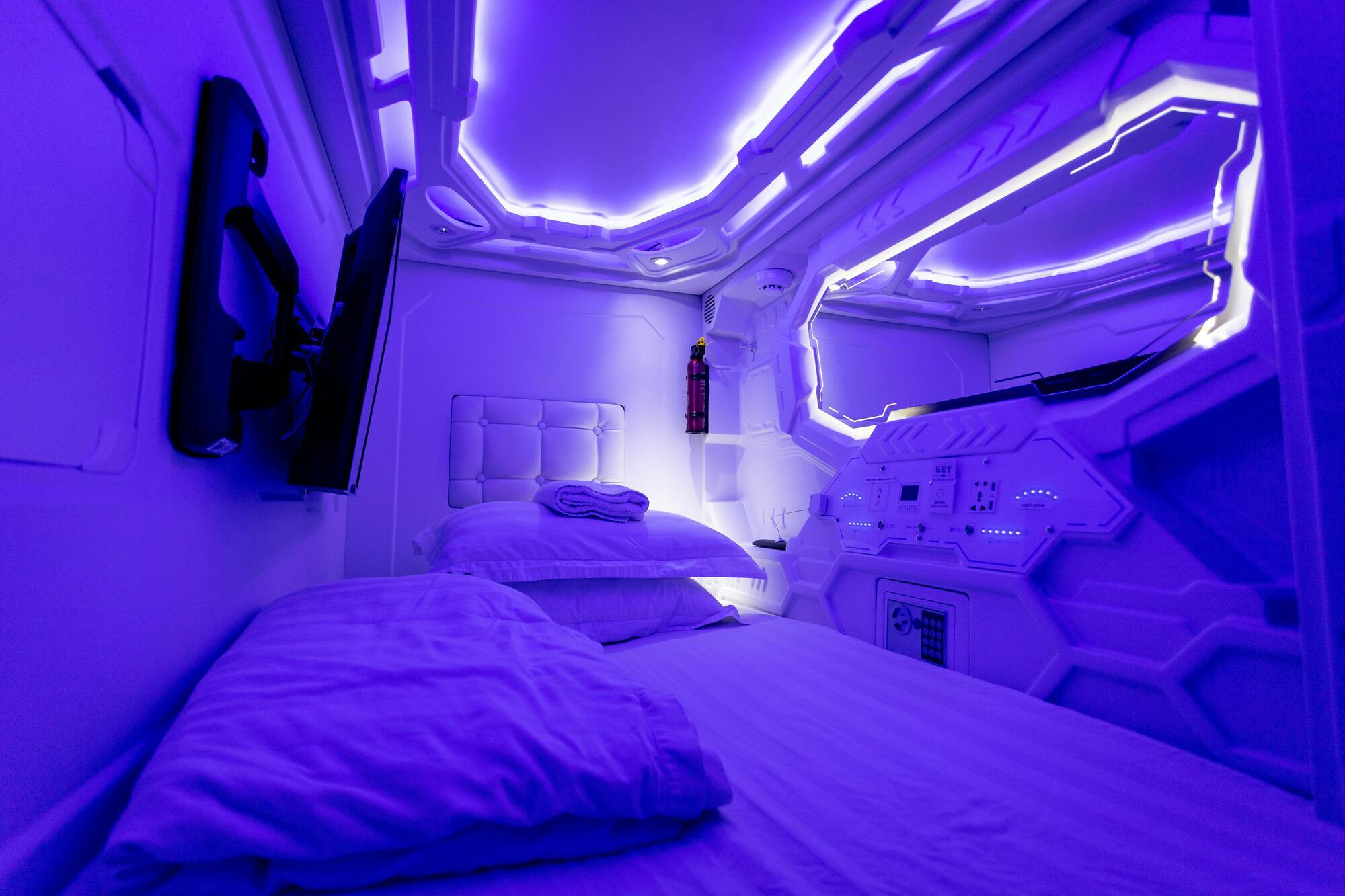Japan Turns Sleep into an Industry: How Fatigue is Driving New Business Opportunities

In Japan's trains, it’s common to see passengers sleeping while standing, using their short commutes as a chance to rest. This habit isn’t surprising, considering that around 40% of Japanese people sleep less than six hours a night. Overtime and long working hours are a norm for most residents.
One worker shared that his day begins at 5 a.m. and often doesn’t end until after 7 p.m. Although the official workday is supposed to last eight hours, overtime often adds several extra hours, leading to chronic fatigue and a decline in quality of life.
Sleep as a New Trend
Amidst this widespread lack of rest, companies are stepping in to offer solutions for improving sleep quality. Among the most popular products are adjustable pillows, specialized pajamas costing around €57, and capsule hotels that analyze sleep patterns for €20–75 per night. At one such hotel, guests receive a detailed evaluation of their sleep data along with personalized recommendations.

The owner of a capsule hotel noted that demand for their services has increased fivefold in the past three years. The hotel focuses entirely on improving sleep, gathering data on guests’ rest quality and providing it for analysis. This reflects a growing recognition among Japanese people of sleep as an essential part of a healthy lifestyle.
A Growing Sleep Technology Market
Japan's sleep market is already valued at €40 million annually. Sleep, once associated with laziness, is now becoming a cornerstone of a new cultural shift. Experts predict that the Japanese sleep technology market will triple in size within the next two years as more people aim to achieve the recommended eight hours of rest per night.
For tourists, Japan offers a unique opportunity to experience a culture where sleep quality is taken to the next level. Visiting specialized capsule hotels not only helps travelers recover after long flights but also provides valuable insights into their health. This combination of tradition and modern technology adds a distinctive touch to any Japanese travel experience.



















